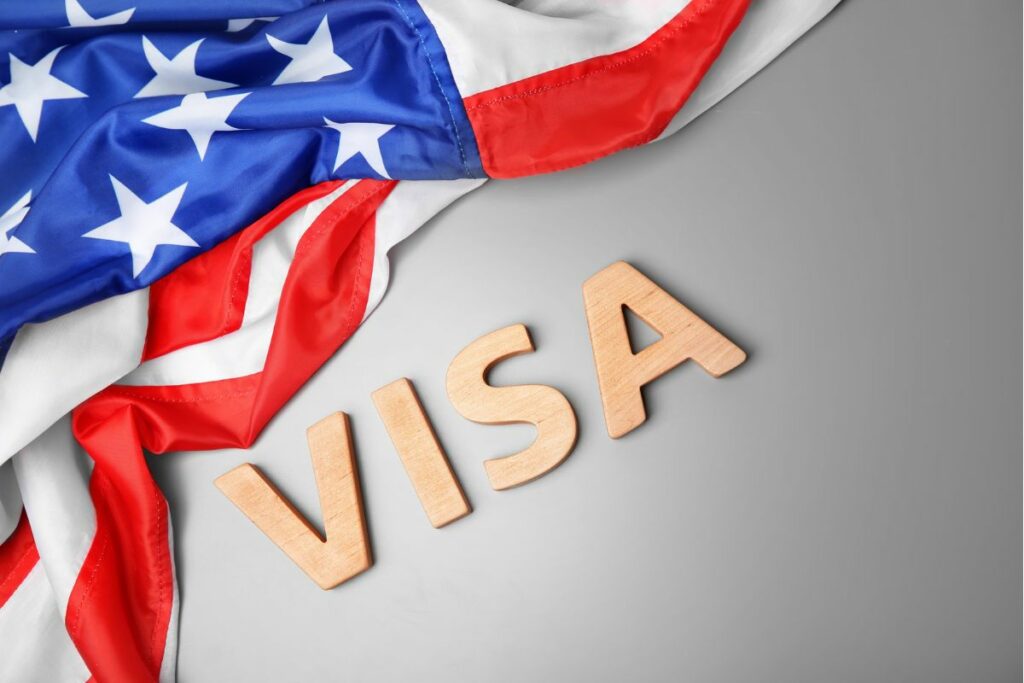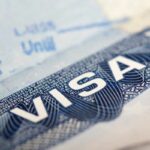The wait is over, and the USCIS has begun notifying applicants about the H-1B visa lottery results for FY 2025. Unfortunately, not everyone will receive the news they were hoping for. If you weren’t selected this year, don’t despair!
Here’s a guide to understanding the notification process and exploring alternative visa options to pursue your American dream.
How to Check Your H-1B Lottery Result
Unfortunately, the H-1B lottery process doesn’t allow individual access to results. While a “Beneficiary Confirmation Number” is assigned, it’s for internal USCIS tracking and not public verification.
The only way to confirm your H-1B lottery status is through the employer or attorney who submitted your registration. They will receive a notification and can log in to the USCIS system to view the outcome. This ensures that only authorized parties access sensitive information.
Alternative Visas Options If You Lose H-1B Lottery

Didn’t Get Selected? Explore these alternative visa options: The H-1B visa isn’t the only path to working in the U.S. Here are some alternative visas to consider:
1. O-1 Visa
For Individuals with Extraordinary Abilities: The O-1 visa caters to individuals with exceptional skills in science, arts, education, business, athletics, or film/television. You’ll need a proven track record of national or international acclaim to qualify.
Pros:
- No annual issuance cap
- A broad range of eligible professions
- Easier employer sponsorship requirements
- Indefinite renewals possible
- Can start working immediately upon approval
Cons:
- High bar for qualification requiring significant evidence
- Advanced preparation and documentation crucial
- Specific field expertise necessary
- Requires employer sponsorship
2. L-1 Visa
Intracompany Transfers for Multinational Companies: The L-1 visa facilitates the transfer of employees within multinational companies to their U.S. branches. This is ideal for managers, executives, or individuals with specialized knowledge to oversee operations or projects. It’s divided into two categories:
- L-1A: For executives and managers
- L-1B: For specialized knowledge professionals
Pros:
- Includes L-2 visa for spouses and dependents
- Allows dual intent (meaning you can pursue a green card while on the L-1 visa)
- High approval rate with proper documentation
- Premium processing available for expedited service
Cons:
- Time-limited validity (up to 7 years for L-1A and 5 years for L-1B)
- Requires annual renewal
- Tied to your current employer
- Potential for a lower salary compared to the H-1B
3. EB-2 NIW
National Interest Waiver for Advanced Degrees or Exceptional Ability: The EB-2 NIW visa targets individuals with advanced degrees (typically a Ph.D.) or exceptional abilities whose work demonstrably benefits the U.S. national interest. This category offers a path to permanent residency (green card) and bypasses the standard labour certification process.
Pros:
- Faster processing compared to traditional EB-2 with labour certification
- This leads to a green card, offering permanent residency
Cons:
- High qualification standards, often requiring a Ph.D.
- Lengthy processing times can be expected
4. J-1 Trainee or Intern Visa
Gain Valuable US Work Experience: The J-1 visa program offers a category specifically for individuals seeking hands-on training or internship experience in the U.S. This can be a great way to gain valuable skills and network with American professionals in your field.
There are two main options within the J-1 Trainee and Intern Visa program:
- J-1 Trainee Visa: This visa caters to individuals with a degree or professional certificate and at least one year of experience who want to develop skills not readily available in their home country. The maximum duration is 18 months.
- J-1 Intern Visa: This visa is ideal for students currently enrolled in or recently graduated from a post-secondary institution outside the U.S. The internship must be directly related to your field of study, and the maximum duration is 12 months.
Pros:
- Gain practical experience in a U.S. work environment
- Network with American professionals
- A potential stepping stone to other work visas
Cons:
- Requires sponsorship from a J-1 program sponsor organization
- Limited duration of stay
- May not be suitable for all professions
Important Note
Visa requirements and eligibility criteria can change. Always refer to official USCIS resources or consult with an immigration attorney for the most up-to-date information.
Final Words
For those with exceptional skills, the O1 visa could be a fitting choice, acknowledging achievements in various fields without a cap on issuance. If you’re part of a multinational company, consider the L1 visa, facilitating the transfer of employees to U.S. offices. Finally, the EB-2 NIW offers a path to permanent residency for those with advanced degrees or exceptional abilities, benefiting the U.S. national interest.
While not making it through the H-1B lottery may be disheartening, exploring these alternatives can open new doors for your career and immigration journey. Remember, perseverance and exploring various options are key to navigating the complex world of visas and immigration.
Follow and connect with us on Facebook, Twitter, LinkedIn, Instagram and Google News for the latest travel news and updates!





